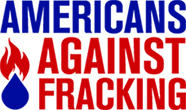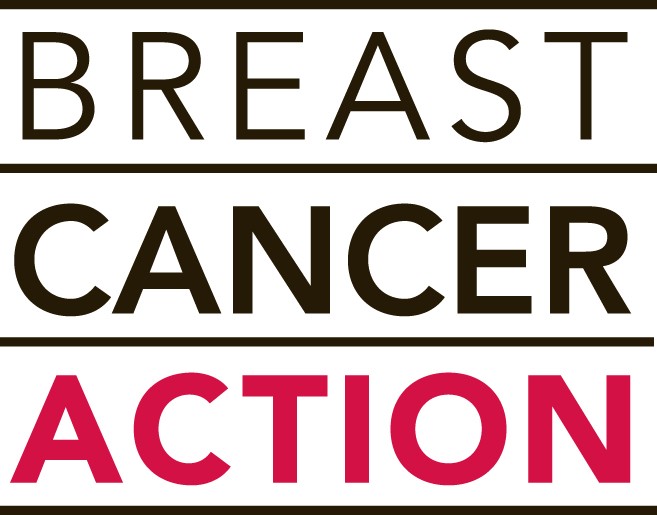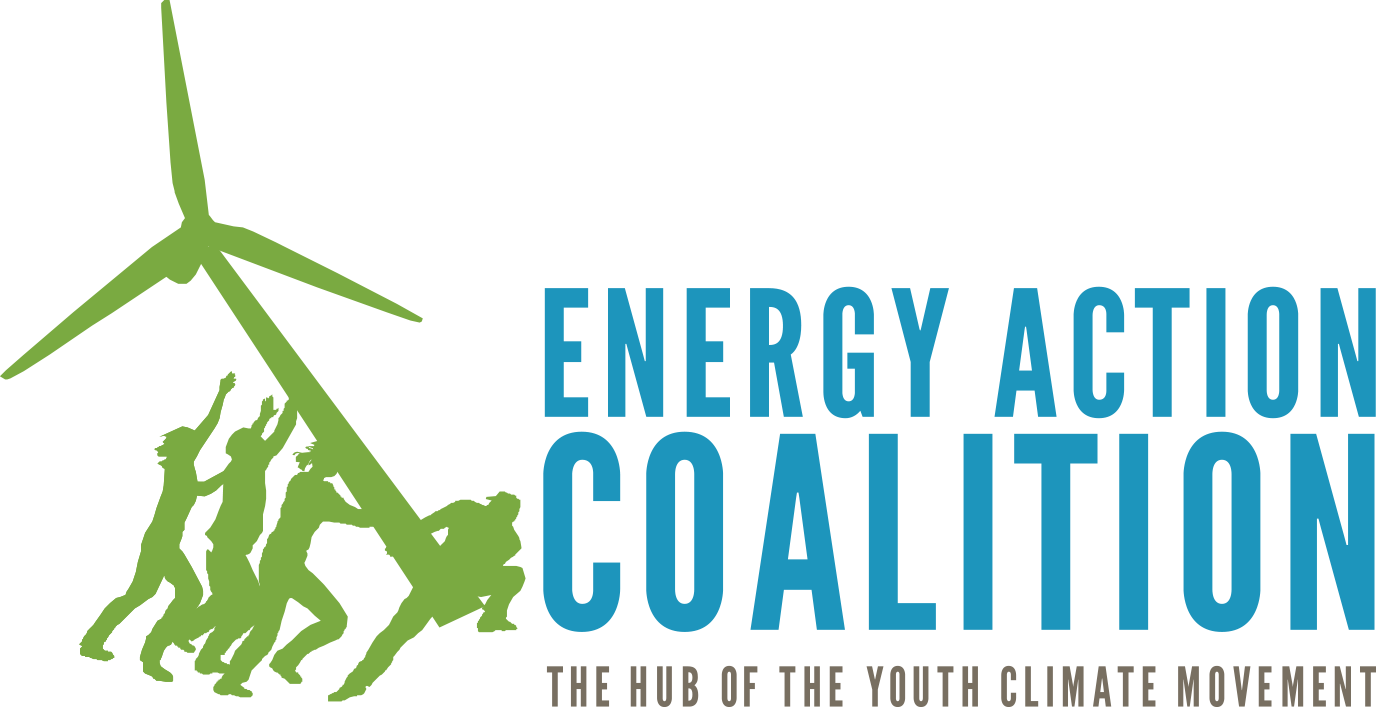As comment period closes, major national organizations and groups across the country urge Maryland governor to protect public health and safety before end of term.
MARYLAND – More than 200 national and statewide progressive, health, environmental and community organizations called on Gov. Martin O’Malley to protect the public’s health, lead the nation and keep fracking out of Maryland, as the public comment period on the public health study on Marcellus shale drilling closes. In a letter to the governor, the groups, including MoveOn.org, Food & Water Watch, Democracy for America, National Nurses United, Progressive Democrats of America and Environment America, highlight findings in the state’s study conducted by the Maryland School of Public Health that show fracking could have harmful and irreversible effects in Maryland.
“That’s the bottom line: the science…clearly shows that no regulatory framework can protect public health, water and other important resources from the negative impacts of fracking…,” the groups wrote in the letter to Gov. O’Malley. “Now we urge you to take a decisive stance for the people of Maryland, in line with the science, by saying no to fracking. Instead, protect Maryland’s important natural resources and set the stage for greater investment in renewable energy, the power of the 21st century. The eyes of the nation are watching, imploring you to protect public health and set a shining example for the rest of the country.”
In 2011 Gov. O’Malley imposed a moratorium on this type of oil and gas drilling stating that the state would only lift the moratorium if fracking “can be accomplished without unacceptable risks of adverse impacts to public health, safety, the environment and natural resources.” With results of the public health study falling far short of this standard, health professionals and environmental groups are pushing for a statewide ban on fracking.
“Governor O’Malley is traveling extensively throughout the country to places like Iowa, Nevada, and New Hampshire in an effort to raise his national profile and tout his environmental record, but the national movement against fracking is watching what is happening in Maryland closely,” said Wenonah Hauter, executive director of Food & Water Watch. “Should Governor O’Malley open the state to fracking, that is what people will remember about him. It’s time for Governor O’Malley to look at the science showing that fracking is a threat to public health, the environment and the climate and to ban fracking in Maryland.”
“Fracking is known to be harmful to health and dangerous for the environment,” said Deborah Burger, RN, co-president of National Nurses United. “That’s why National Nurses United is deeply concerned about the fracking frenzy going on in our country. Maryland should not be added to the list of states that put oil and gas company interests over people’s health and the health of our planet.”
“Governor O’Malley’s own study and a growing body of independent science show that fracking poses grave impacts to our environment and public health,” said Joanna Diamond, director of Environment Maryland. “The governor has a responsibility to all Maryland residents to reject fracking.”
”MoveOn members in Maryland and around the country are looking to Governor O’Malley to take a decisive stance for the people of Maryland, in line with the science, by saying no to fracking,” said Victoria Kaplan, Lead Campaign Director for MoveOn.org Civic Action. “Governor O’Malley has an opportunity to lead the way towards a future of renewable energy, good jobs, and a healthy environment–and the whole country is watching.”
“If Governor O’Malley is serious about representing the progressive ‘Warren-wing’ of the Democratic party, he should know better than to do Wall Street’s bidding and put the health of millions at risk by allowing fracking to come to Maryland on his watch,” said Jim Dean, Chair of Democracy for America, a national progressive organization with more than 20,000 members in Maryland and one million members nationwide. “Democrats are looking for national leaders who will stand up and fight growing income inequality, not cave to the special interest forces on Wall Street who advocate for fracking at any cost.”
“Progressive Democrats across the country believe we need a new bold energy policy – one that says no to fracked gas and oil and commits to an aggressive transition to a 100 percent renewable energy future,” said Andrea Miller, Co-Executive Director of the Progressive Democrats of America. “Fracking is inherently unsafe, and we are looking intently at whether Governor O’Malley will greenlight fracking or side with the people and the environment and keep Maryland frack free.”
“Gov. O’Malley has been in Iowa quite a few times recently to test the waters to run for president,” said Adam Mason, State Policy Director for Iowa Citizens for Community Improvement Action Fund. “We are watching closely what he is doing as governor in Maryland to protect the public from the harms created by fracking and factory farms. We want our elected officials to stand up corporate polluters.”
Full text of the letter is included below. For a list of organizations signed onto the letter, click here.
Dear Governor O’Malley,
We, the undersigned local, state and national organizations, urge you to protect the health of Maryland residents and demonstrate responsible national leadership by rejecting fracking. New scientific evidence, including the recently released study, “Potential Public Health Impacts of Natural Gas Development and Production,” clarifies how shale gas extraction via hydraulic fracturing (fracking) would put the public health and wellbeing of Marylanders at risk.
When you announced the study three years ago, your laudable promise was to move forward with fracking only if it could be accomplished “without unacceptable risks of adverse impacts to public health, safety, the environment and natural resources.” Since then, a compelling body of science has emerged that shows this standard cannot be met.
The recently released public health study – commissioned by the Maryland Department of the Environment and the Department of Health and Mental Hygiene, and conducted by the Maryland School of Public Health – found that fracking would pose significant impacts to public health in Maryland. In seven of eight research areas – including air quality, worker health, noise and crime, water quality and cumulative effects – the research team found a high or moderately high likelihood of negative public health impacts.
Further, the study shows that fracking would disproportionately affect vulnerable segments of the population and that most regulations would not minimize risks. Notably, researchers determined that well setback distances would not reduce exposure to negative health impacts in six of the eight research areas. Finally, they noted the unmanageable nature of these impacts and the lack of time and resources to conduct a full health impact assessment for all of Maryland.
They are not alone in these findings. Numerous new studies by leading scientists and public health researchers have uncovered serious risks from fracking. For example, an exhaustive 292-page Council of Canadian Academies report published this summer concludes that fracking is, “not demonstrated to be safe under any current regulatory framework” with “environmental impacts not clearly understood.” In deciding to halt fracking, the German Federal Environmental Agency has similarly concluded, “As long as risks inherent in this technology cannot be predicted with certainty and thus controlled, there should be no fracking.” These conclusions have been echoed in peer-reviewed studies in many U.S. journals, complemented by hundreds of important recent findings and peer-reviewed studies demonstrating significant risks and harms of fracking.
That’s the bottom line: the science – which is quickly revealing new, and often worse, harms of fracking – clearly shows that no regulatory framework can protect public health, water and other important resources from the negative impacts of fracking.
It is not surprising that recommendations of the Maryland study, which suggest strategies for addressing these health impacts should you approve fracking, focus on how to monitor toxic exposures rather than prevent them. We remind you that detection is not prevention, and the mere presence of air monitors and publicly available lists of fracking chemicals do not, by themselves, protect children, pregnant women, the elderly, or any Maryland resident, from harm. Moving forward with fracking under these conditions, in which risks are measured but not eliminated, is tantamount to enrolling citizens as nonconsenting subjects in a de facto public health experiment.
We are also mindful that the Maryland study, while addressing many salient areas of concern in the scientific literature, is not exhaustive. Most strikingly, the study focuses solely on western Maryland even though a much greater area of the state would be targeted for fracking. As such, many risks specific to particular geography, geology, demographics and other factors have not been examined. Additionally, some relevant impacts—risks stemming from flooding and the fate of toxic wastewater—were not addressed at all. Nor did the scope of the study include possible public health issues in upstream communities, such as those located near silica frac sand mining and processing operations. (Silica dust is a proven cause of both lung cancer and silicosis.) The Maryland study does not capture the evidence for dangerous levels of benzene in the urine of gas field workers nor the finding of a higher prevalence of self-reported respiratory and skin problems among people living near gas wells; these results were published after the Maryland study was released.
In short, the Maryland study provides more than sufficient imperative to say no to fracking in Maryland on the basis of the negative health impacts it predicts. On the grounds that the study likely underestimates these risks due to limitations of scope and time, the justification and imperative for rejecting fracking is even greater. Hence, your mandate to determine whether fracking could be done without harm to public health has been answered: it cannot.
Now we urge you to take a decisive stance for the people of Maryland, in line with the science, by saying no to fracking. Instead, protect Maryland’s important natural resources and set the stage for greater investment in renewable energy, the power of the 21st century. The eyes of the nation are watching, imploring you to protect public health and set a shining example for the rest of the country.



















